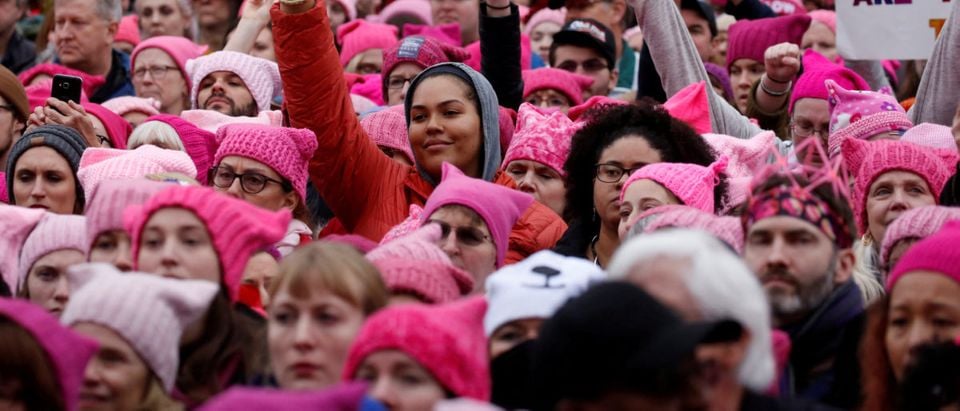According to a psychological study published by Aleksander B. Gunderson of the University of Oslo, Norway, and Jonas R. Kunst of the University of Oslo and Yale University, people view male feminists as less masculine.
“Many people hold negative stereotypes about feminists,” the authors write in the study abstract. “Verbally, feminist women are often described in masculine terms whereas feminist men tend to be described in feminine terms.”
The study was intended to dig into those perceptions and determine why people might be reluctant to embrace the title “feminist,” and their findings indicated that the term caused a fairly one-sided response.
In Studies 3 (n = 131) and 4 (n = 74), participants had a less masculine-looking visual representation of feminist men as compared to the control condition. This effect was especially pronounced among female participants. In addition, effects were again moderated by hostile sexism, such that participants with stronger hostile sexist beliefs visualized the feminist man as less masculine than the man in the control condition.
A similar study was completed simultaneously using a “more masculine-looking and less feminine-looking visual representations of feminist women as compared to women with moderate gender-related beliefs or other activist identities (i.e., the control conditions), and the results were nearly identical. The more masculine-looking female “feminists” were even perceived by some study subjects as “threatening.” (RELATED: How Low Can Self-Hating Feminists Go? As Michelle Wolf Shows, Today’s Feminism Is REPULSIVE To Women)
The overall findings suggested that the label “feminist” changed the perception of both men and women in the study subjects. Women who called themselves “feminists” were viewed as less feminine, while men who identified as feminists were viewed as less masculine.


